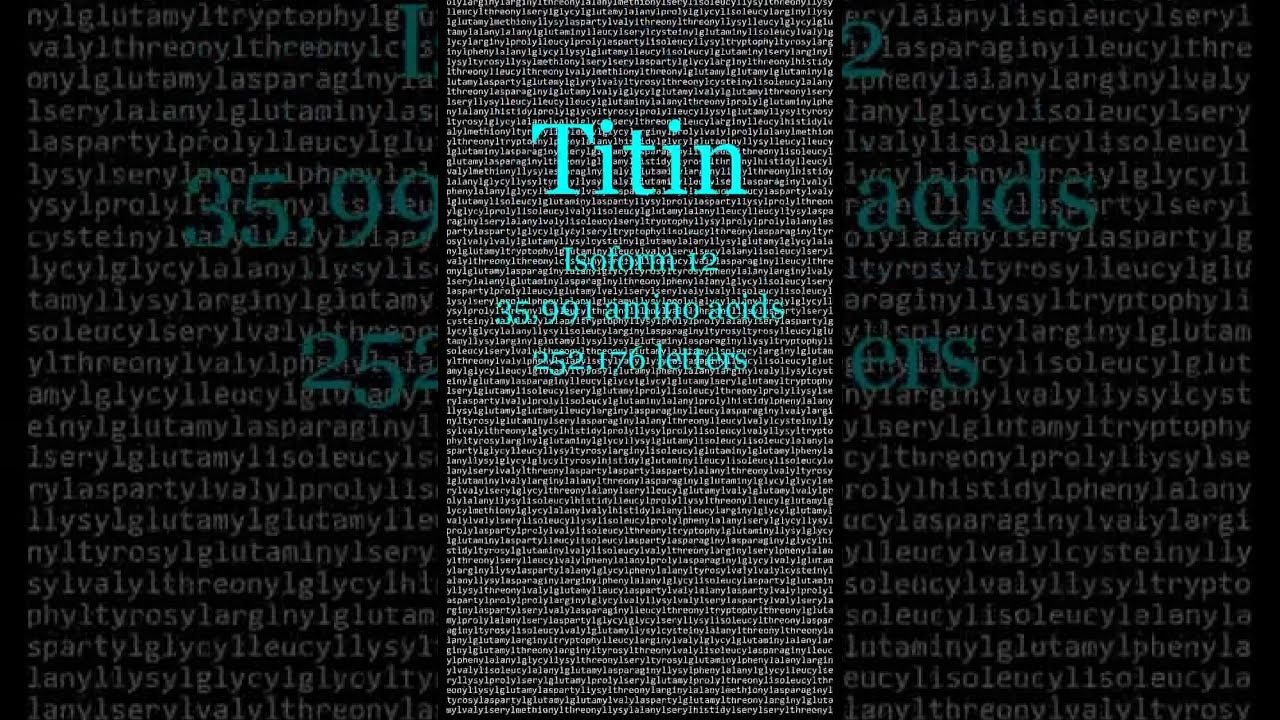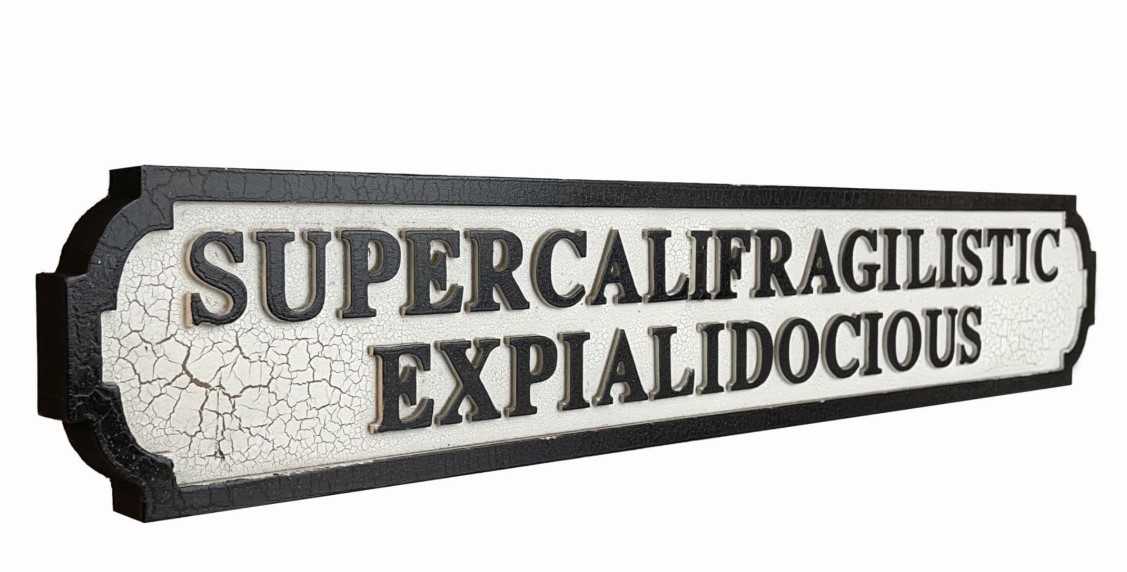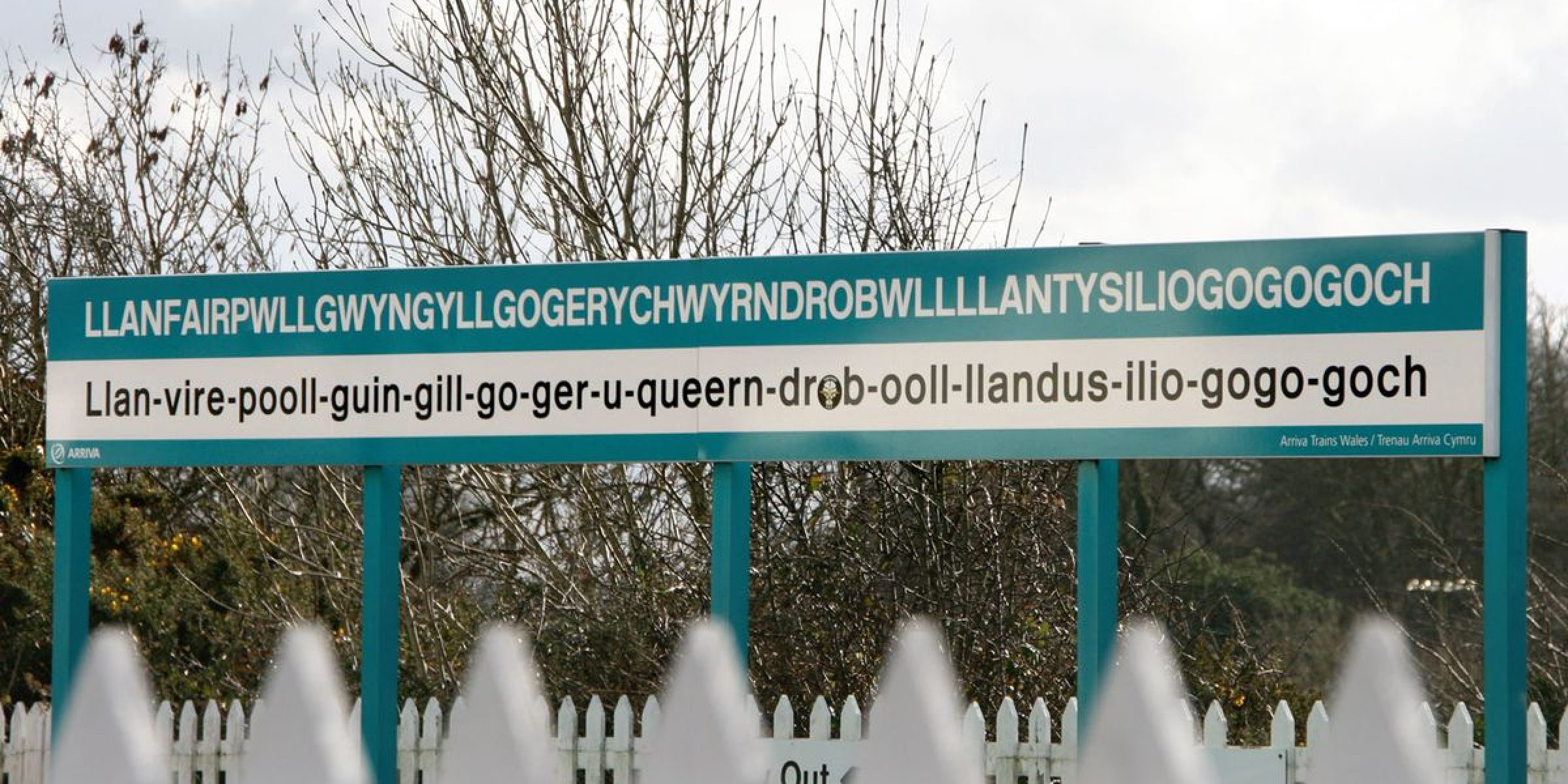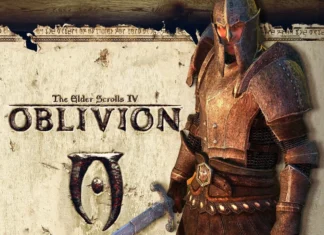
Ever seen a word so long it looks like a mistake? The longest word in the English language isn’t just hard to spell—it’s nearly impossible to say in one go.
Some words stretch across dozens of letters, coming from science, medicine, or people who just love making things complicated.
One word is so massive that dictionaries refuse to include it. Another is a tongue-twister that only a handful of people can pronounce correctly. But are these words actually useful, or just ridiculous?
Get ready to see some of the biggest, strangest, and most over-the-top words ever created. Think you can say them without tripping over your tongue? Let’s find out!
The Word That’s Too Long for a Dictionary

Imagine a word so massive that dictionaries just pretend it doesn’t exist. That’s exactly what happened with the chemical name for titin, a protein found in the human body. Scientists gave it a name that contains 189,819 letters. No, that’s not a typo. If someone tried to say the whole thing out loud, it would take hours—literally.
So why would anyone create a word that long? The answer is simple: chemistry loves long names. Instead of short, simple names, scientists stack together every single amino acid found in the protein, turning it into one monstrous word. But even scientists don’t use it. They just call it “titin” and move on.
Dictionaries won’t even bother listing it. Not because they hate science, but because it’s completely impractical. No one needs a word that takes up an entire book. That’s why this so-called “word” only exists as a technical curiosity rather than something you’d ever see in real writing.
Would you even call this a real word? Or just a chemistry prank that went way too far? There is a whole book that only includes the chemical name for titin.
The Longest Word You’ll Actually Find in a Dictionary
Some long words are just nonsense, but others are real—at least on paper.
The longest word you’ll actually find in an English dictionary is pneumonoultramicroscopicsilicovolcanoconiosis.
At 45 letters, it looks like someone mashed a bunch of words together, and in a way, that’s exactly what happened.
This word refers to a lung disease caused by inhaling fine silica dust, often found near volcanoes or in industries like mining.
But here’s the catch—doctors don’t actually use it. Medical professionals just call it silicosis because, let’s be honest, no one wants to say a 45-letter word every time they talk about a lung condition.
So why does this word even exist? In 1935, a guy named Everett Smith, who was part of the National Puzzlers’ League, made it up as a joke. He wanted to create the longest word in English, and it actually worked!
Even though it started as a made-up word, it somehow ended up in dictionaries, making it the longest official word in English.
So next time someone asks about long words, just throw this one out there.
| Word | Meaning | Letter count |
| Pneumonoultramicroscopicsilicovolcanoconiosis | A specific lung disease caused by inhaling quartz dust. | 45 |
| Hippopotomonstrosesquippedaliophobia | A fear of long words. | 36 |
| Pseudopseudohypoparathyroidism | A medical condition of the thyroid | 30 |
| Supercalifragilisticexpialidocious | An expression of excitement. | 34 |
| Eellogofusciouhipoppokunurious | Very good, very fine | 30 |
| Floccinaucinihilipilification | Estimating something as worthless | 29 |
| Antidisestablishmentarianism | Opposition to the disestablishment of the Church of England | 28 |
| Honorificabilitudinitatibus | The state of being able to achieve honors | 27 |
| Thyroparathyroidectomized | A medical term that describes the excision of the thyroid and parathyroid glands. | 25 |
| Dichlorodifluoromethane | A chlorofluoromethane CF2Cl2 | 23 |
| Xenotransplantation | The process of transplanting organs from one species to another | 19 |
| Incomprehensibilities | Things that are impossible to comprehend | 21 |
| Trichotillomania | An inexplicable desire to pull your own hair | 16 |
| Uncopyrightable | Impossible to be protected by copyrights | 15 |
| Tergiversation | When someone avoids making a clear statement | 14 |
The Most Ridiculous Long Word People Actually Use

Not all long words come from science or medicine. Some exist just for fun. Supercalifragilisticexpialidocious is the perfect example. At 34 letters, it became famous thanks to Mary Poppins, and even though it doesn’t really mean anything, people still love saying it.
The word was designed to be ridiculous. It first appeared in a song from the 1964 Disney movie, where it was described as “something to say when you don’t know what to say.”
The writers admitted they didn’t invent it from scratch—variations of it existed before, but they turned it into something unforgettable.
Even though it’s nonsense, it actually made its way into some dictionaries, proving that if a word gets popular enough, people will accept it.
Other Crazy Long Words in the English Dictionary

Not all long words break records, but plenty still stretch across way more letters than necessary. Some are scientific, some are old-fashioned, and some are just ridiculous.
Here are a few of the longest words you’ll actually find in English:
- Pseudopseudohypoparathyroidism (30 letters) – A rare disorder that sounds complex but is mostly just a longer version of another medical term.
- Floccinaucinihilipilification (29 letters) – A ridiculously long way of saying something is worthless. The word itself is practically useless.
- Antidisestablishmentarianism (28 letters) – Originally a political term, but now just something people bring up to sound smart.
- Honorificabilitudinitatibus (27 letters) – Shakespeare used it once, and that was enough. Means “the ability to receive honors.”
- Incomprehensibilities (21 letters) – Once held the record as the longest word in common use. If you struggle to understand something, just call it this and move on.
- Uncopyrightable (15 letters) – The longest word where no letter repeats. A fun fact, but not exactly an exciting word.
- Subdermatoglyphic (17 letters) – Another word with no repeating letters, but this one relates to skin patterns and fingerprints.
Fun Facts
- Strengths (9 letters) – Seems short, but it holds a Guinness World Record for being the longest word with only one vowel. Try saying it five times fast.
- Euouae (6 letters) – The longest English word made up entirely of vowels. It’s a medieval musical term, which explains why no one ever uses it.
- Tsktsk (6 letters) – No vowels here! The longest word in English without a single vowel. It’s basically the sound your grandma makes when she’s disappointed in you.
The Longest Word in Everyday English
Most long words are rare, but what about ones that people actually use? Words like “uncharacteristically” (20 letters) or “misunderstanding” (14 letters) are long but still part of normal conversations.
Adding a section on common long words can make the article more relatable to readers.
The Longest Place Names in English

Words aren’t the only things that get out of control—place names can be ridiculously long too.
- Chargoggagoggmanchauggagoggchaubunagungamaugg – A lake in Massachusetts, USA, with a 45-letter name that no one can pronounce.
- Llanfairpwllgwyngyllgogerychwyrndrobwllllantysiliogogogoch – A village in Wales with 58 letters. People mostly mention it to show off.
Longest Words in Other Languages
English isn’t the only language that loves long words. Some languages take it to another level:
- German: Donaudampfschifffahrtsgesellschaftskapitän (42 letters) – Means “Danube steamship company captain.”
- Finnish: Lentokonesuihkuturbiinimoottoriapumekaanikkoaliupseerioppilas (61 letters) – A military technical term.
- Portuguese: Pneumoultramicroscopicossilicovulcanoconiótico (46 letters): This term describes someone suffering from a lung disease caused by inhaling fine silicate or quartz dust. It’s recognized as the longest word in the Portuguese language.
Sanskrit Holds Another Guinness World Record
It’s basically a whole sentence mashed into one word.
The word is:
निरन्तरान्धकारित-दिगन्तर-कन्दलदमन्द-सुधारस-बिन्दु-सान्द्रतर-घनाघन-वृन्द-सन्देहकर-स्यन्दमान-मकरन्द-बिन्दु-बन्धुरतर-माकन्द-तरु-कुल-तल्प-कल्प-मृदुल-सिकता-जाल-जटिल-मूल-तल-मरुवक-मिलदलघु-लघु-लय-कलित-रमणीय-पानीय-शालिका-बालिका-करार-विन्द-गलन्तिका-गलदेला-लवङ्ग-पाटल-घनसार-कस्तूरिकातिसौरभ-मेदुर-लघुतर-मधुर-शीतलतर-सलिलधारा-निराकरिष्णु-तदीय-विमल-विलोचन-मयूख-रेखापसारित-पिपासायास-पथिक-लोकान्
In Roman transliteration:
nirantarāndhakārita-digantara-kandaladamanda-sudhārasa-bindu-sāndratara-ghanāghana-vṛnda-sandehakara-syandamāna-makaranda-bindu-bandhuratara-mākanda-taru-kula-talpa-kalpa-mṛdula-sikatā-jāla-jaṭila-mūla-tala-maruvaka-miladalaghu-laghu-laya-kalita-ramaṇīya-pānīya-śālikā-bālikā-karāra-vinda-galantikā-galadelā-lavaṅga-pāṭala-ghanasāra-kastūrikātisaurabha-medura-laghutara-madhura-śītalatara-saliladhārā-nirākariṣṇu-tadīya-vimala-vilocana-mayūkha-rekhāpasārita-pipāsāyāsa-pathika-lokān
And the meaning today may seem weird, as we cannot comprehend the way of how their language worked back then.
So, the meaning is:
“In it, the distress, caused by thirst, to travelers, was alleviated by clusters of rays of the bright eyes of the girls; the rays that were shaming the currents of light, sweet and cold water charged with the strong fragrance of cardamom, clove, saffron, camphor, and musk and flowing out of the pitchers (held in) the lotus-like hands of maidens (seated in) the beautiful water-sheds, made of the thick roots of vetiver mixed with marjoram, (and built near) the foot, covered with heaps of couch-like soft sand, of the clusters of newly sprouting mango trees, which constantly darkened the intermediate space of the quarters, and which looked all the more charming on account of the trickling drops of the floral juice, which thus caused the delusion of a row of thick rainy clouds, densely filled with abundant nectar.”
Why is it so long?
Sanskrit has agglutinative properties, meaning it can combine multiple words into one super-compound word. This allows entire phrases and descriptions to merge into a single word, which is why this Sanskrit word reads like an entire sentence.
Final Thoughts
As you can see, English has its fair share of ridiculously long words, but other languages push the limits even further, especially Sanskrit, German, Finnish, and Portuguese.
Most of the longest words don’t show up in normal conversations. Doctors don’t say pneumonoultramicroscopicsilicovolcanoconiosis, and no one’s casually dropping anticonstitucionalissimamente into a chat. But they’re still fascinating because they show how flexible and strange language can be.
So, are long words actually useful? In most cases, no. But they make great trivia, impossible spelling challenges, and fun tongue twisters. Next time someone asks about the longest word in the English language, you’ll have plenty of ridiculous answers to throw at them. Just don’t try pronouncing them all at once.
Read Next – Most Spoken Languages in Brazil
















